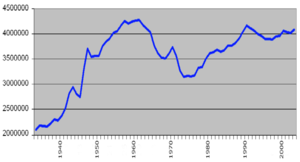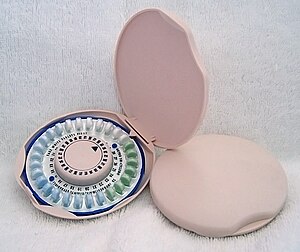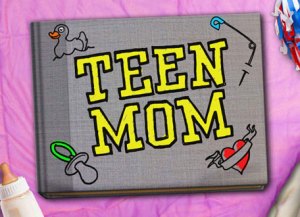Okay I’ll admit it I don’t want kids, but I still have imaginary baby names in my head and I’m curious about what my baby would look like. Just not curious enough to find out for real. For the other childfree and curious there is a place for us, or rather several websites that will take pictures of you and your significant other and mix the virtual, visual DNA to create, TA-DA – a baby!
Luxland Babymaker has the tagline, What will your baby look like? And promises that it’s not like the other sites because it can see the future:
Have a lust for someone? Eager to see what your baby will look like? No need to wait nine months to see your baby’s face — BabyMaker will accurately produce a picture of your baby. Satisfy your curiosity and peek into the future!
There are even baby maker apps and celebrity baby maker sites in case you want to see what your baby would look like if Ashton Kutcher is the baby daddy. I hear he’s available!
I tried Makemebabies.comwith mixed results below:
It is very entertaining if you want to laugh some milk right out of your nose. Amazingly my baby looks just like the baby on the ad and nothing like me or my mate. Baby G even has blue eyes and blond hair which is genetically impossible! This is kind of addictive and I can totally see why the Duggar family is eagerly expecting their 20th real child. It’s fun to make babies! But I will stick to virtual kids.
Related articles
- The Duggar Family Is Having ANOTHER Baby!! (khmx.radio.com)
- Nineteen Was Not Enough: Duggar Family Expecting Their 20th Child (newsfeed.time.com)
- How to Explain your Childfree Choice (whynokids.com)










 Celebrities make it look so easy, with their
Celebrities make it look so easy, with their 




